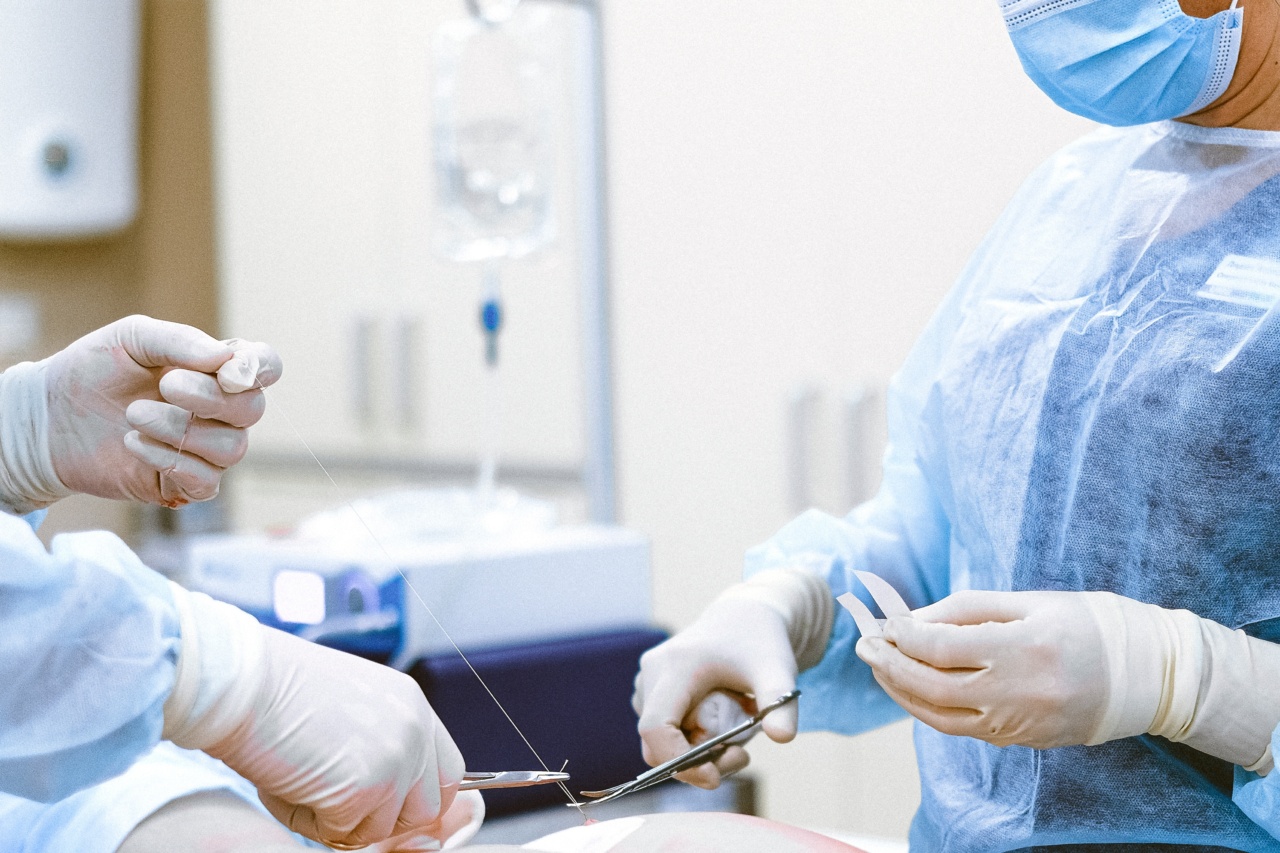Cancer is a deadly disease that has affected the lives of many people around the world. It is a condition where abnormal cells grow and divide uncontrollably, spreading to other parts of the body and causing damage.
Cancer can affect any part of the body and can result in various health complications, making it a challenging disease to treat.
The best way to deal with cancer is to prevent it from occurring in the first place. Anyone can be at risk of cancer, but there are steps you can take to reduce your risk.
In this article, we will provide expert advice on cancer prevention that can help you maintain a healthy lifestyle and reduce your chances of getting cancer.
1. Quit Smoking
Smoking tobacco is one of the leading causes of cancer worldwide. It is responsible for several types of cancer, including lung, throat, mouth, and bladder cancer.
Smoking also weakens the body’s immune system, making it more prone to other diseases.
Quit smoking as soon as possible to reduce your risk of cancer. Seek help from a healthcare professional if you have trouble quitting on your own.
There are nicotine replacement therapies, medications, and counseling services available to help you quit smoking.
2. Eat a Healthy Diet
Research has shown that eating a healthy diet can help reduce the risk of cancer and other chronic diseases. A balanced diet is essential, with a focus on fruits, vegetables, whole grains, and lean proteins.
Avoid processed foods, sugary drinks, and excessive amounts of red and processed meats, which are linked to several types of cancer.
Eating a healthy, nutrient-rich diet will also help you maintain a healthy weight, which can reduce your risk of cancer.
Obesity is a factor in more than 13 types of cancer, making it essential to maintain a healthy weight by eating a balanced diet and exercising regularly.
3. Exercise Regularly
Exercise is an essential component of cancer prevention. Regular exercise helps maintain a healthy weight, strengthens the immune system, and reduces inflammation in the body, which can cause damage to the DNA and increase cancer risk.
Adults should aim for at least 150 minutes of moderate-intensity physical activity or 75 minutes of vigorous physical activity per week.
You can also incorporate strength-training exercises into your routine, which can help build muscle and reduce your risk of cancer and other chronic diseases.
4. Protect Your Skin
Exposure to ultraviolet (UV) radiation from the sun is a leading cause of skin cancer. To reduce your risk of skin cancer, limit your exposure to the sun, especially during peak hours (10 am to 4 pm).
Cover your skin with clothing, seek shade, and wear a broad-spectrum sunscreen with an SPF of at least 30.
Remember to reapply sunscreen every two hours, especially if you are swimming or sweating.
5. Get Vaccinated
Several types of cancer are caused by viruses that can be prevented with a vaccine. Vaccines for Hepatitis B and Human Papillomavirus (HPV) can help reduce the risk of liver and cervical cancer.
Consult your healthcare provider to see if these vaccines are right for you.
6. Avoid Harmful Chemicals
Exposure to harmful chemicals in the workplace or the environment can increase your risk of cancer. Protect yourself by wearing protective clothing and gear and avoiding chemical exposure whenever possible.
If you work in a high-risk environment, follow the safety procedures and guidelines provided by your employer.
7. Get Regular Health Checkups
Regular health checkups can help detect cancer early, making it easier to treat. Consult your healthcare provider to set up regular health screenings for cancer and other chronic diseases.
Follow recommendations for age-appropriate cancer screenings, such as mammograms and colonoscopies.
8. Manage Stress
Stress is a significant risk factor for chronic diseases, including cancer. Chronic stress can weaken the immune system and increase inflammation in the body, making it more prone to cancer.
Learn stress management techniques like meditation, yoga, or deep breathing exercises to help reduce stress and promote relaxation.
9. Limit Alcohol Consumption
Excessive alcohol consumption is linked to several types of cancer, including breast, liver, and colon cancer. The risk of cancer increases with the amount of alcohol consumed, so limit your alcohol consumption to minimize your risk.
Men should have no more than two drinks per day, and women should have no more than one drink per day.
10. Stop Using Illicit Drugs
Illicit drugs like cocaine and heroin weaken the immune system, making it more prone to cancer. Injecting drugs with needles also increases the risk of infections and exposure to dangerous viruses.
If you are struggling with drug addiction, seek help from a healthcare professional to overcome your addiction.
By following these tips, you can reduce your risk of cancer and enjoy a healthy lifestyle. Make these lifestyle changes a habit and incorporate them into your daily routine to protect yourself from cancer.






























